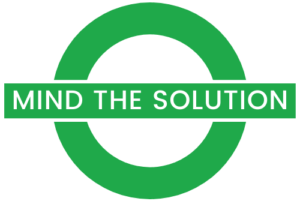The word ‘why‘ is a significant conversation changer.
A conversation between people being the most important enabler to create useful change, it is worthwhile thinking about when ‘to why’.
Here are some thoughts:
1) WHY + problem talk leads to blaming and counter-blaming (often, not always)
‘Why did you not do that?’
‘Why have we forgotten to inform them?’
‘Why did the organisation did not reach its goals?’
What do you think could be the effect on the listeners? What are the chances that this leads to useful change?
2) WHY + solution talk is more likely to lead to solution building
‘Why did we do that better than last time?’
‘Why did you do that ?’ (‘that’ = some progress, a solution, a positive exception to a problem,…)?
‘Why were able to accomplish our goal?’
What do you think could be the effect on the listeners here? What are the chances here that useful change might start to happen?
3) WHY leading to a solid mission statement
‘Why does our organisation exist in the first place?’
‘Why do we do what we do with this team?’
‘Why do I work for this organisation?’
These useful why’s above, seeking out the mission of an organisation, of the team I belong to, of my personal reasons of being.
In these existential situations why’ing along can be very relevant and even necessary: finding out our mission, embodied in a concise, powerful and concrete mission statement, gives us something to hold to in our every day actions.
Watch the clip by Dan Heath on how to write a mission statement that doesn’t suck.
(A mission statement is just 1 of the building blocks of the framework called ‘vision’)
PS: ‘How come?’ is a ‘why’ in disguise
PS: Obviously, tone of voice and body language will make a difference when you why



